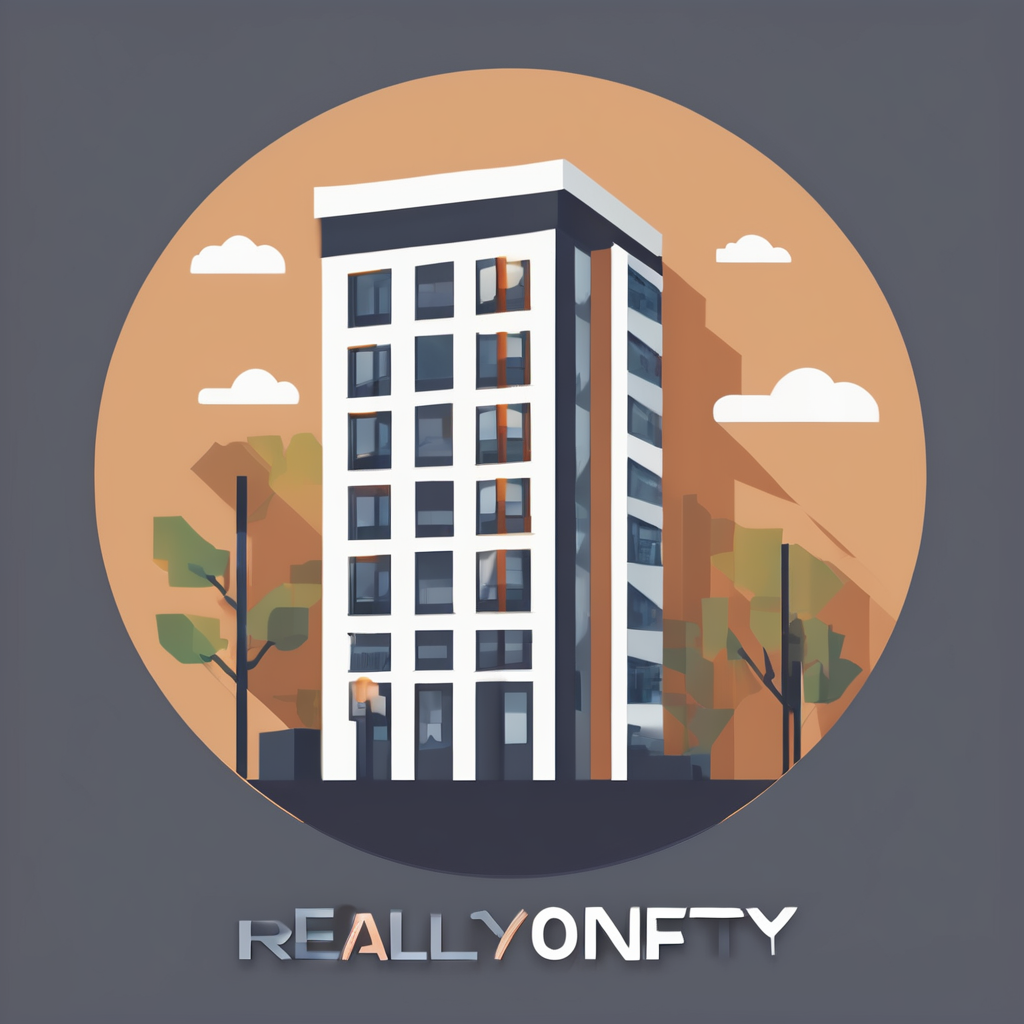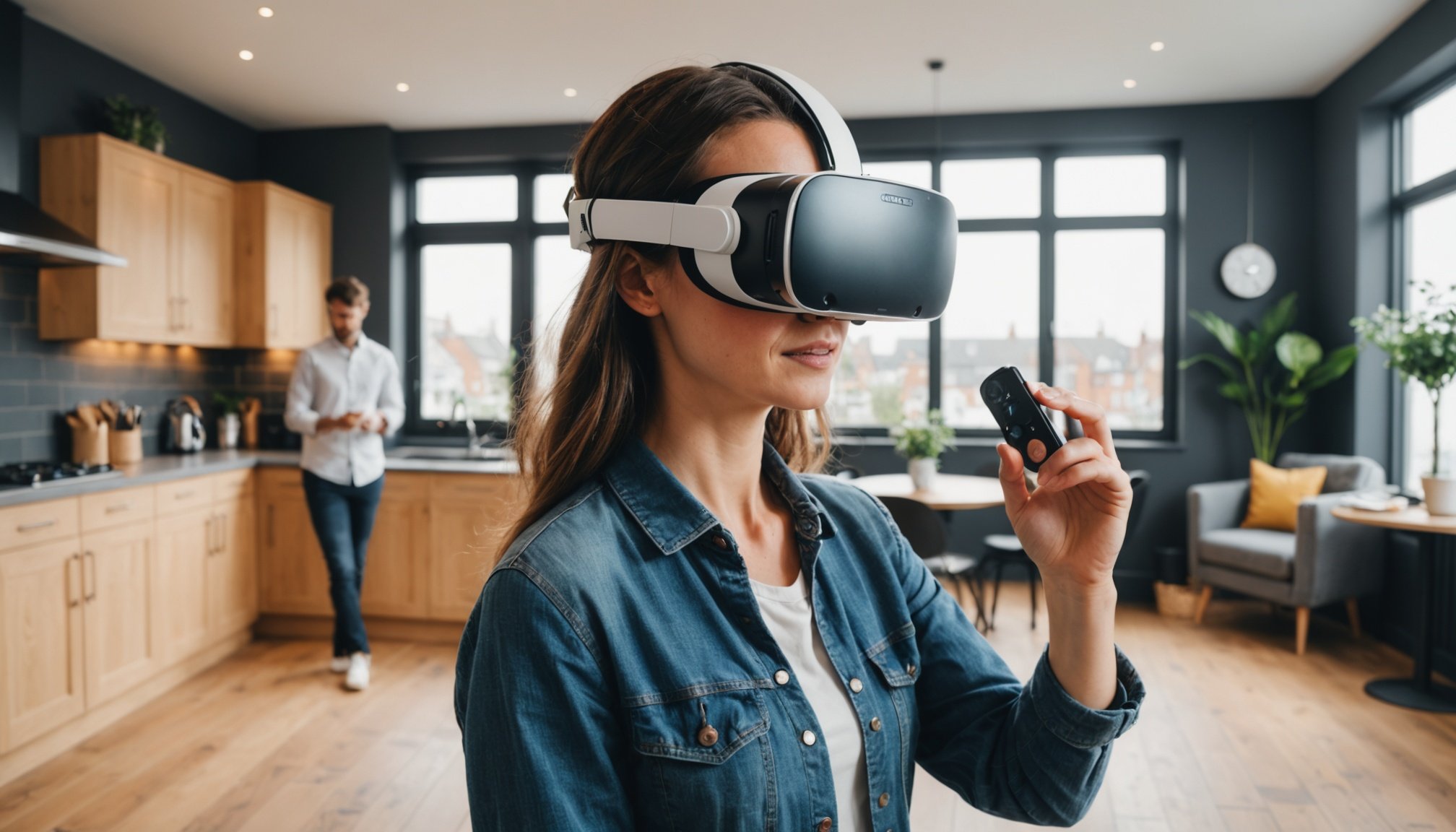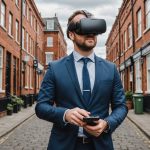Virtual reality is revolutionizing the property buying experience for UK homebuyers. This innovative technology offers immersive tours that allow potential buyers to explore properties from the comfort of their own homes. Skip the hassle of coordinating viewings and save time by virtually stepping inside homes. Discover how virtual reality can streamline your home search, enhance your decision-making process, and ultimately bring your dream home closer to reality. Embrace technology and transform the way you approach property hunting.
Overview of Virtual Reality in Real Estate
Virtual Reality (VR) is revolutionising the real estate technology landscape, offering immersive experiences that redefine how properties are bought and sold. At its core, VR in real estate allows potential buyers to explore properties remotely through 3D tours, providing a realistic sense of space without the need for physical presence. This technology has evolved significantly, from basic 360-degree photos to fully interactive environments that mimic real-life visits.
A voir aussi : Transforming Remote Property Management: Innovative Tech Solutions for UK Landlords Overseeing Multiple Homes
In recent years, current trends in VR technology have seen the integration of augmented reality (AR) features, enabling users to visualise renovations or furnishings in a prospective property. This not only enhances the buyer experience but also aids sellers in showcasing properties in their best light.
The impact of VR on the homebuying process is profound. It reduces the time and cost associated with multiple property visits, allowing buyers to narrow down choices more efficiently. Moreover, VR can bridge geographical gaps, making it possible for international buyers to view properties without travel. As VR continues to advance, its role in real estate is expected to grow, offering even more sophisticated tools for both buyers and sellers. This transformation underscores the importance of embracing cutting-edge technology in the competitive property market.
Lire également : Unlocking Savings: A Guide for UK Homeowners to Claim Tax Rebates on Energy-Efficient Home Upgrades
Benefits of Virtual Reality for Homebuyers
Virtual Reality (VR) offers numerous advantages for homebuyers, significantly enhancing the property viewing experience. One of the most notable benefits is the ability to visualise properties in an immersive manner, which can lead to better decision-making. By providing a realistic sense of space, VR allows potential buyers to understand the layout and feel of a property without needing to be physically present. This is particularly valuable in reducing travel time and expenses, as it eliminates the necessity for multiple in-person visits.
Moreover, VR increases accessibility for remote buyers, making it easier for individuals who are located far away to explore properties. This is especially beneficial for international buyers, who can now view potential homes without the need to travel long distances. The convenience of VR means that buyers can conduct viewings at their own pace, from the comfort of their own homes.
The immersive nature of VR also improves the homebuyer experience by allowing users to interact with the environment. This interaction can include visualising potential renovations or changes in furnishings, aiding in making informed decisions. As a result, VR technology empowers buyers with the tools they need to make confident and well-considered choices in the competitive real estate market.
Practical Tips for Accessing VR Property Tours
Embarking on a virtual tour of a property is an exciting way to explore potential homes. To make the most of this experience, it's essential to know how to access VR platforms effectively and use the right homebuyer tools.
Recommended VR Platforms and Applications
Several VR platforms offer immersive property tours. Platforms like Matterport and Zillow 3D Home provide detailed views of properties, allowing you to navigate through rooms seamlessly. These applications are compatible with most VR headsets, ensuring a smooth experience. They also provide additional features, such as floor plans and property details, enhancing your understanding of the space.
Setting Up Your VR Equipment for Property Tours
Proper setup of your VR equipment is crucial for an optimal experience. Ensure your VR headset is fully charged and connected to a reliable internet source. Adjust the headset for comfort and clarity, which will help you focus on the details of the property. Familiarise yourself with the controls to navigate the tour effortlessly.
Tips for Maximising Your VR Viewing Experience
To enhance your VR viewing experience, ensure your viewing area is free from distractions. Use headphones for an immersive audio experience, and take breaks if you feel any discomfort. By following these tips, you'll be well-equipped to explore properties virtually and make informed decisions.
Case Studies and Examples of VR in Action
Virtual Reality (VR) is making waves in the real estate sector, with several notable UK real estate agencies leading the charge. Savills and Knight Frank are prime examples, having successfully integrated VR into their property showcases. These agencies use VR to offer immersive tours, providing potential buyers with a comprehensive view of properties from afar.
Success stories abound, highlighting the transformative power of VR in homebuying. One such story involves a couple relocating from the United States to the UK. By using VR tours, they were able to shortlist properties without the need for multiple transatlantic flights. This not only saved them time and money but also allowed them to make a confident and informed decision.
The market impact of VR in real estate is significant, with buyer satisfaction levels on the rise. A recent survey revealed that 75% of homebuyers who utilised VR tours felt more confident in their purchasing decisions. This is attributed to the realistic sense of space and the ability to envision living in the property.
These successful implementations of VR demonstrate its potential to revolutionise the homebuying process, offering a seamless blend of technology and real estate expertise.
Future of Virtual Reality in the UK Property Market
As technology continues to evolve, the future trends in Virtual Reality (VR) for real estate are poised to reshape the UK property market. Experts predict that VR innovations will enhance the homebuying process, making it more efficient and accessible.
Potential advancements in VR technology could include more sophisticated 3D modelling and improved interactive features. These innovations are expected to offer even more realistic property tours, allowing buyers to experience properties as if they were physically there. Enhanced VR tools may also enable users to visualise modifications in real-time, further aiding decision-making.
Expert opinions suggest that VR will become an integral part of real estate transactions. As the technology becomes more mainstream, its role in homebuying is likely to expand, providing a competitive edge to agencies that adopt it early.
Predictions for VR adoption rates among UK homebuyers indicate a steady increase, driven by the benefits of convenience and comprehensive property insights. As more buyers recognise the advantages of VR, its integration into the property market will likely accelerate, transforming traditional buying methods. The future of VR in real estate is bright, promising a more immersive and informed purchasing journey.











